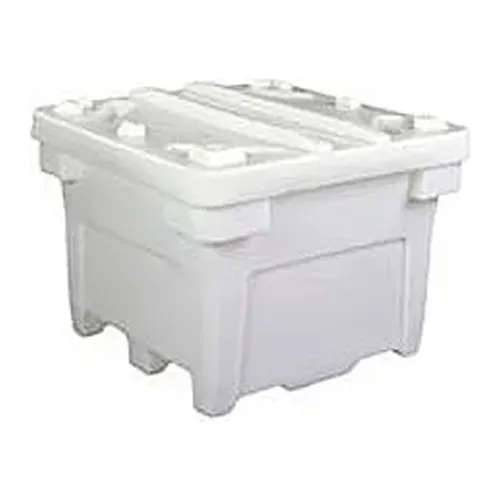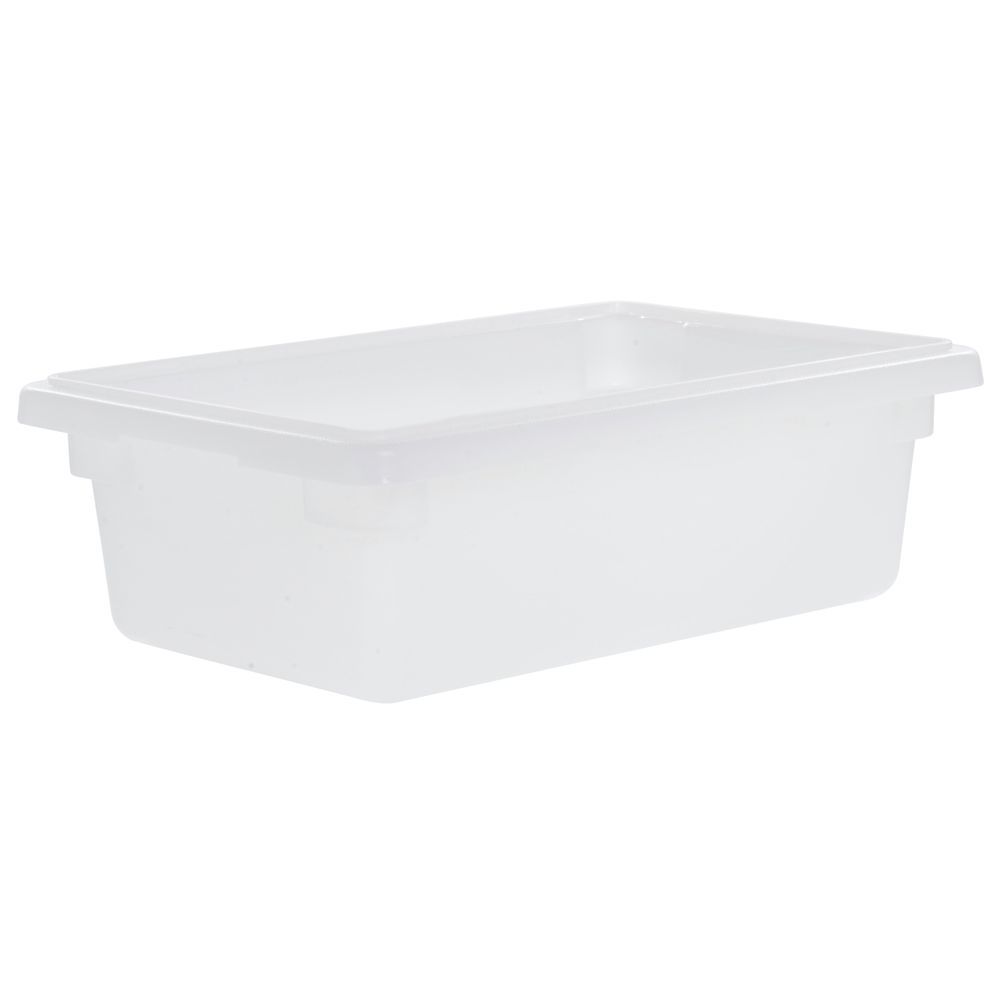Recognizing Leasing Plans for Mass Plastic Containers: What You Required to Know
Leasing mass plastic containers can be a strategic selection for companies aiming to handle expenses and performance. However, guiding with the complexities of leasing contracts needs careful consideration. Key factors such as lease period, repayment structures, and upkeep obligations need to be extensively analyzed. Furthermore, possible covert charges and the lessor's online reputation play crucial duties in forming reliable partnerships. Recognizing these components is important for making informed choices in an ever-evolving market landscape. What aspects should one focus on to guarantee a successful leasing plan?
The Advantages of Leasing Mass Plastic Containers
Leasing bulk plastic containers supplies a practical service for businesses seeking effectiveness and cost-effectiveness. This method allows firms to accessibility top notch containers without the substantial ahead of time financial investment commonly linked with purchasing. By renting, businesses can assign economic sources better, concentrating on core procedures instead of hefty funding expenditures. In addition, renting setups commonly include maintenance and support solutions, making certain that containers stay in peak condition and lowering the concern on inner resources.
Additionally, renting offers adaptability, allowing firms to adjust their container supply according to rising and fall demand (plastic bulk containers). This versatility can result in boosted inventory management and minimized waste. Leasing can facilitate accessibility to the latest container modern technologies, assisting companies remain affordable in a quickly transforming market. Ultimately, the advantages of leasing mass plastic containers can boost operational performance, boost capital, and support sustainable techniques, making it an appealing choice for different markets

Secret Factors To Consider When Choosing a Leasing Contract
What elements should organizations think about when picking a leasing contract for mass plastic containers? Companies must review their certain demands, consisting of the kind and amount of containers called for, to make particular the arrangement aligns with operational demands. Next, the lease duration is important; businesses must figure out if a lasting or temporary lease ideal matches their inventory turn over and use patterns.
Price is another significant consideration; businesses ought to analyze the complete expenditure of leasing, consisting of any type of concealed charges or charges. Additionally, they should review the supplier's reputation and dependability, as a credible partner can affect the overall leasing experience.

Adaptability also plays an essential role; businesses might take advantage of contracts that enable for adjustments in container quantities based upon altering needs. Examining maintenance and support alternatives offered by the renting company is important to guarantee functional connection and decrease disturbances.
Understanding Leasing Conditions and terms
A complete understanding of leasing terms and problems is vital for services to navigate the complexities of renting mass plastic containers successfully. Leasing arrangements commonly consist of vital elements such as lease period, payment structures, upkeep obligations, and discontinuation conditions. Companies need to carefully evaluate the lease period to assure it aligns with their functional demands, whether short-term or lasting. Payment frameworks might vary, including quarterly or month-to-month settlements, and understanding these can significantly influence cash circulation. click to find out more Maintenance responsibilities should be plainly defined, as they identify who is accountable for repair work and upkeep during the lease period. Furthermore, discontinuation conditions can stipulate problems under which the lease can be finished too soon, which is important for companies anticipating prospective changes in demand. By completely examining these terms, organizations can make informed choices that line up with their tactical objectives and functional needs.

Common Pitfalls to Avoid in Leasing Arrangements
While maneuvering leasing plans for bulk plastic containers, services typically run into usual pitfalls that can lead to costly mistakes - Bulk Plastic Containers. One significant problem is stopping working to extensively comprehend the browse this site lease terms, which can result in unforeseen costs or responsibilities. Furthermore, ignoring the relevance of appropriate container upkeep may result in costly repairs or fines for damages. An additional regular error is not assessing the complete expense of the lease, consisting of covert costs such as insurance policy or transportation
Companies may likewise forget to evaluate the owner's track record, risking partnership with an unreliable copyright. Not taking into consideration the versatility of lease terms can prevent operational adaptability. Lastly, poor documentation of the leasing contract can produce disagreements, bring about financial or lawful problems. By acknowledging these risks, organizations can much better prepare themselves to browse renting setups better and prevent destructive repercussions.
Tips for Discussing the Finest Lease Terms
Exactly how can companies protect the most beneficial lease terms for bulk plastic containers? First, they should conduct comprehensive market research study to recognize dominating terms and prices. This knowledge empowers them to negotiate with confidence and determine affordable offers. Next off, companies can take advantage of their acquiring quantity to bargain far better costs, highlighting lasting plans that may profit both parties.
In addition, they must meticulously evaluate lease arrangements, paying attention to stipulations concerning upkeep, insurance coverage, and charges straight from the source for early discontinuation. Engaging legal counsel for a detailed testimonial can avoid expensive misunderstandings.
Companies need to remain open and flexible to talking about different terms, such as extended lease durations for decreased monthly rates. By approaching arrangements with preparation and a willingness to jeopardize, companies can secure lease terms that line up with their functional demands while minimizing expenses.
Often Asked Concerns
Just how Do I Determine the Right Quantity of Containers to Lease?
To determine the best quantity of containers to lease, one must assess present supply requirements, forecast need variations, consider lead times, and make up storage restrictions, ensuring an excellent equilibrium between supply and operational effectiveness. Bulk Plastic Containers.
Can I Personalize the Containers to Satisfy My Particular Needs?
Yes, customization of containers to meet specific needs is typically possible. Numerous leasing firms use alternatives for modifications, enabling customers to customize dimensions, colors, and features, making sure the containers align with functional demands and preferences.
What Occurs if I Need to Return the Containers Early?
The leasing arrangement might state costs or charges if containers are returned early. The company could assess the problem and usage, possibly changing expenses based on the continuing to be lease term and pre-established terms.
Are There Any Upkeep Duties for Leased Containers?
Leased containers normally need the lessee to maintain them in excellent condition, addressing small damage. Significant repairs usually fall under the owner's responsibilities, however specifics can differ based on the leasing agreement.
Just how Is the Leasing Rate Structured Over the Contract Duration?
Leasing costs are normally structured based upon the duration of the contract, regularity of settlements, and container specs. Extra variables, such as upkeep and insurance coverage prices, may likewise affect the overall prices setup in time.
